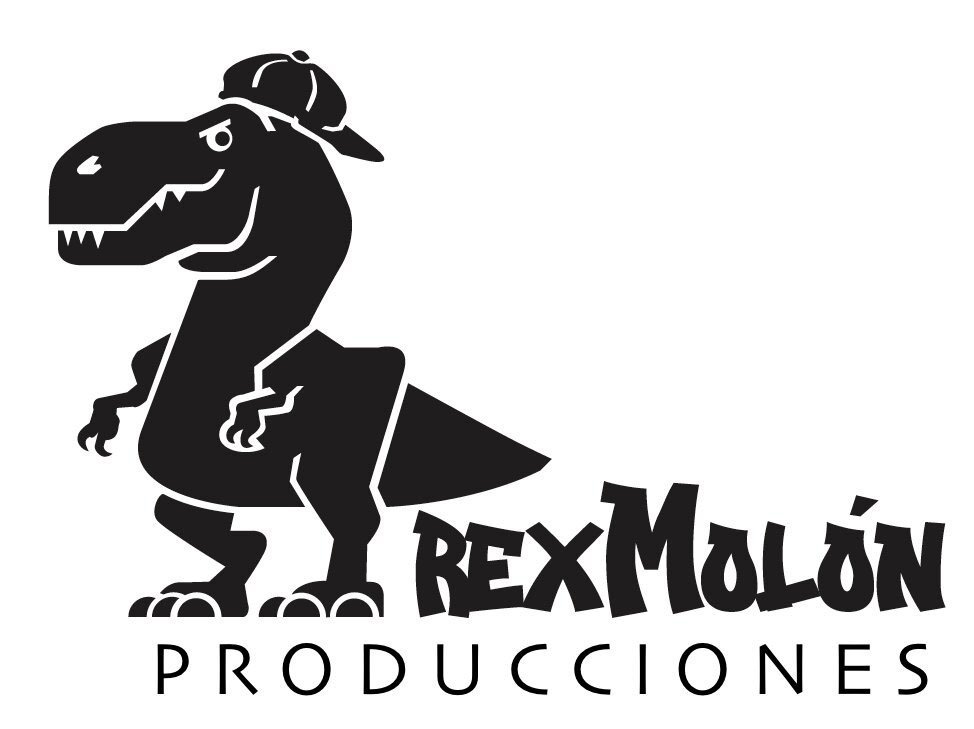
It's official: Gardening is good for your health
The first-ever controlled trial of community gardening found that those who started it ate more fiber and got more physical activity. And they were also less stressed and anxious.

Mysteries in the sky: How trees influence cloud formation
Researchers have identified so-called sesquiterpenes – gaseous hydrocarbons that are released by plants – as being a major factor in cloud formation.

First device to monitor transplanted organs detects early signs of rejection
Wireless technology senses warning signs up to three weeks earlier than current methods.

Ravenous black hole consumes three Earths’-worth of star every time it passes
The cosmic object has this planet-sized portion every time a star like our own Sun passes near it.

Earth's core appears to be wrapped in an unexpected structure
The most high-resolution map yet of the underlying geology beneath Earth's Southern Hemisphere reveals an ancient ocean floor that may wrap around the core.

Bacteria generate electricity from wastewater
In a breakthrough for the field of bioelectronics, researchers have enhanced the ability of Escherichia coli bacteria to generate electricity.

New cosmological constraints on the nature of dark matter
New research has revealed the distribution of dark matter in never before seen detail.

Human Embryo Models Grown from Stem Cells
The complete, day 14 synthetic models may open new avenues of research into infertility.

These microrobots are capable of navigating within groups of cells and stimulating individual cells
Berna Özkale Edelmann, a professor of Nano- and Microrobotics at the Technical University of Munich (TUM), sees potential for new treatments of human diseases.

AI performs just as well as doctors in detecting breast cancer
Artificial intelligence (AI) may soon assist in detecting breast cancer with the same accuracy as a human doctor.

One in three men worldwide are infected with genital human papillomavirus
Almost one in three men over the age of 15 is infected with at least one genital human papillomavirus (HPV) and one in five is infected with one or more high-risk HPV types, new research shows.

New research explains 'Atlantification' of Arctic Ocean
New research by an international team of scientists explains what’s behind a stalled trend in Arctic Ocean sea ice loss since 2007.

AI 'nose' predicts smells from molecular structures
Scientists have built a tool to predict the odour profile of a molecule, just based on its structure.

The search for the super potato
Scientists have assembled the genome sequences of nearly 300 varieties of potatoes and its wild relatives to develop more nutritious, disease-free, and weather-proof crop.

Hunting for supermassive black holes in the early cosmos
Supermassive black holes –black holes with masses exceeding a million times that of the Sun– are known to prevail in the universe today. However, it is not clear yet when, where, and how they formed during the 13.8 billion years of cosmic history.

Early ancestral bottleneck could’ve spelled the end for modern humans
Humans almost went extinct around 900,000 years ago, suggests a new study.

Study: Making cities greener doesn’t just capture carbon – it reduces it
Dozens of European cities could reach net zero carbon emissions over the next 10 years by incorporating nature into their infrastructure.

Motion Capture Finds What Makes the Best Free-Throw Shooters
Proficient free-throw shooters –those capable of making more than 70% of their shots– performed the shooting motion in a more controlled manner, according to a new study.

Want to fight climate change? Don’t poach gorillas, elephants, hornbills, toucans...
New paper in PLOS Biology shows that overhunting of fruit-eating and seed-dispersing wildlife reduces forests’ ability to store and sequester carbon.

Can an artificial kidney finally free patients from dialysis?
The Kidney Project proves its bioreactor can keep kidney cells alive for at least one week.

